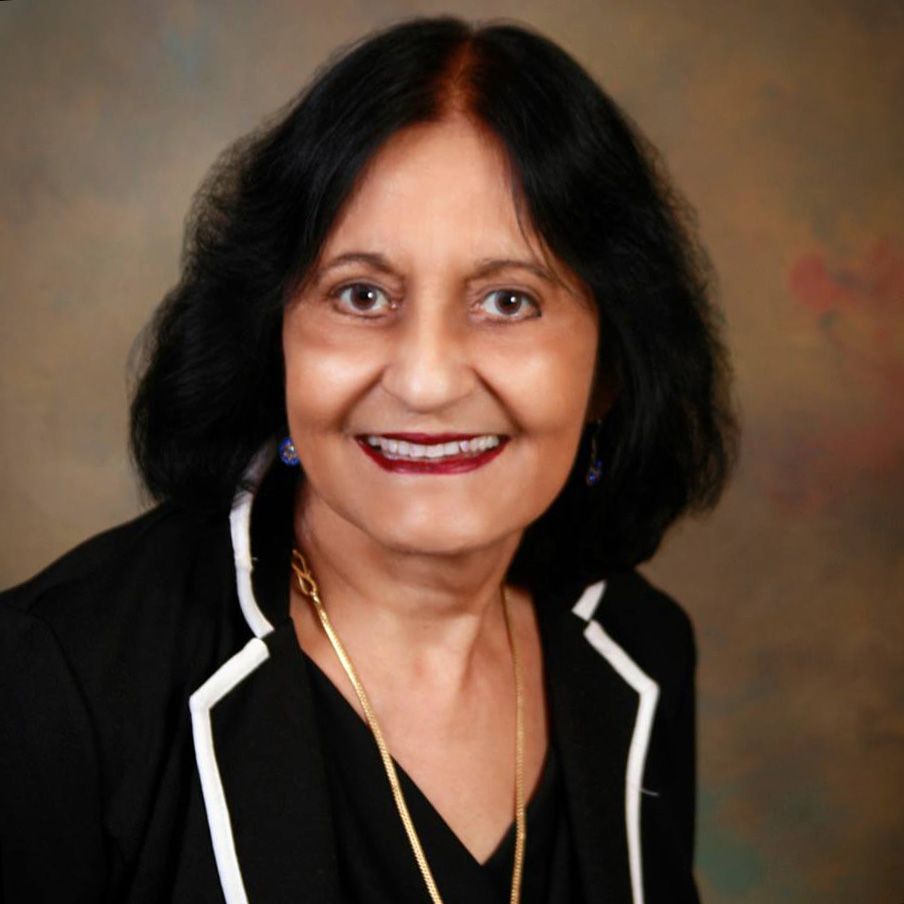Today’s pandemic-filled world and social distancing guidelines have led to teenagers flooding social media platforms such as Tik Tok. Social media has become one of our main gateways for communicating and spreading ideas, some of which not so good. With the recent alarm the Benadryl challenge, this trend has begun to spread across the Tik Tok platform to take dangerously high amounts of Benadryl. Medical experts have been warning parents across social media of this trend, and how it can be fatal to their children. But how can you, as a parent, do ahead of time to help prevent these risks?
What You Need To Know About Benadryl
Benadryl is medically known as diphenhydramine, a type of antihistamine used to relieve the symptoms of allergies, hay fever, and the common cold. Benadryl works by blocking the histamines (H1) receptors from interacting with the body during an allergic reaction. The histamine receptors are prevented from accessing the airways, blood vessels, and gastrointestinal tract. Benadryl also blocks the acetylcholine receptors, sodium channels, and inhibitors for serotonin, responsible for many of the sedative effects of the medication.
The Benadryl brand recommends that children between ages 6 and 12 take one tablet every four to six hours, and for those older than 12, take two tablets every four to six hours. The maximum dosage is 300 mg a day and is smaller for children who weigh less. Normally, Benadryl treats allergic reactions when properly used, including sneezing, itching, watery eyes, and runny nose. It can relieve nausea and vomiting and help people fall asleep. It can be a great way to treat common colds and signs of the flu.
For adults taking this medication, drowsiness, dizziness, low blood pressure, abdominal discomfort, and rapid heart rate are all some of the side effects that can occur with Benadryl. Many of this medication’s effects can even last into the next day, but with normal dosages, these side effects will normally subside. Overdosing, however, has and can lead to dangerous consequences.
The Dangers of Benadryl Overdosing
Benadryl is harmful in large amounts, and when a person overdoses on this medication, many tend to experience anticholinergic poisoning. The diphenhydramine during an overdose interacts with more than just the histamine receptors. It begins to react with the organs and brain because of the bi-lipid (fat) layer surrounding the cells. Benadryl is lipophilic, meaning it dissolves in fat. When the Benadryl reaches the brain and organs, it blocks the histamine cells in the brain, causing a lack of cognition, and then interact with the acetylcholine receptors that control resting and digestion, explaining many of the symptoms associated with the overdose, including seizures, dry mouth, palpitating heart rate, and low blood pressure.
What You Can Do To Prevent Overdosing
As parents, the best way to prevent a Benadryl overdose is to educate your children about these effects and warn them not to take part in the challenge. If needed, keep these medicines away from your children in a secure, secret place to prevent them from accessing this medication. Reinforce what Benadryl is for, talk to your child about the ideas they’re exposed to while on social media, and support them the best you can. In any case of an overdose, please call your local poison control center, and call 911.
For the best in pediatric care, schedule an appointment at Puri Pediatric Medical Group, located in Fremont, CA, to gain advice for child care under the expertise of pediatrician Dr. Veena Puri.


